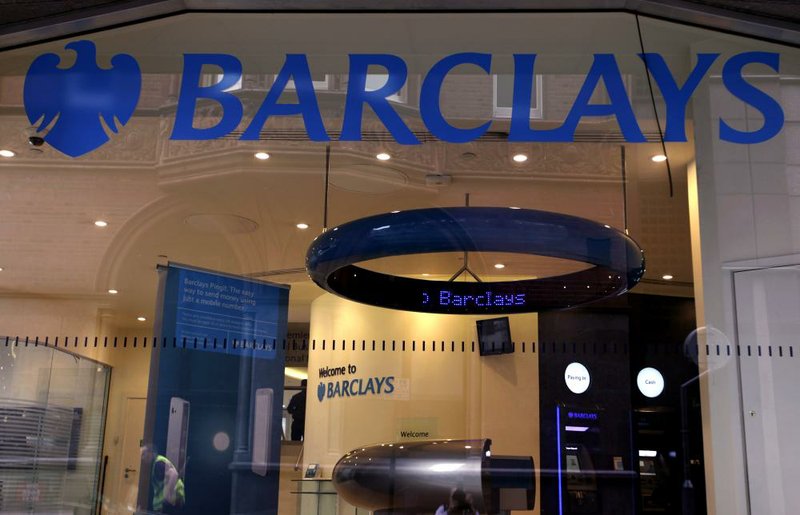LONDON — The chief executive of Barclays said the bank submitted false data on borrowing costs during the credit crisis in 2007 and 2008 to protect its reputation from suspicions that it was in trouble, a decision he said was wrong.
Bob Diamond set out a defense of the bank’s behavior in a letter to Britain’s House of Commons Treasury Committee, which released it Friday.
U.S. and British agencies Wednesday imposed fines totaling $453 million on Barclays for submitting false data used in setting the London interbank offer rate, a key market index, between 2005 and 2009. Individual employees could still face criminal prosecution in the United States.
Barclays is one of several global banks that regularly submit a report on what they think short-term interest rates will be. The British Bankers’ Association uses those reports to establish Libor rates, which are used to price trillions of dollars in loans and mortgages worldwide.
Barclays deliberately set its reports for those rates low during the credit crisis, Diamond wrote, because if the real numbers were higher than those reported by other banks, it would appear that Barclays was in trouble and was compelled to pay more to borrow.
“Even taking account of the abnormal market conditions at the height of the financial crisis, and that the motivation was to protect the bank, not to influence the ultimate rate, I accept that the decision to lower submissions was wrong,” Diamond wrote.
He did not say who in the bank ultimately authorized the false reports.
Committee Chairman Andrew Tyrie said Diamond will be summoned to explain what happened, and Diamond wrote that “I welcome the opportunity.”
Shares of Barclays fell 54 cents, or 5 percent, to close Friday at $10.30, after Thursday’s 15.5 percent drop.
Diamond was head of Barclays Capital, the investment banking unit, in 2007 and 2008 and John Varley was the chief executive.
In other cases of misreporting, Diamond blamed those situations on employees on trading desks who “were operating purely for their own benefit.” Only the immediate desk supervisors would have been aware, he said.
Diamond said the bank was reviewing the conduct of all the employees involved. Sanctions could include clawing back or withholding bonuses, up to dismissal, he said.
In an editorial Friday, the Financial Times said Diamond would step down immediately “if he had an ounce of shame.”
“He may not have been the top boss at the time but as the bank’s dominant executive he was clearly responsible for its hard-driving culture,” the Financial Times said.
In its report released Wednesday, the Financial Services Authority, the British regulator, drew a distinction between traders pursuing their own interest and the bank’s efforts to protect its reputation.
The authority quoted one unidentified Barclays employee who submitted data for the rates as saying in 2007 that he was worried that Barclays and other banks were contributing “patently false rates.” The authority report said the issue was raised with senior management, but it did not identify individuals.
The authority noted that banks’ submissions for Libor rates are not averages of actual transactions but “require contributing banks to exercise their subjective judgment in evaluating the rates at which money may be available in the interbank market.”
Mervyn King, the governor of the Bank of England, said Friday that the ratings should be based on actual transactions, though he said difficult issues would have to be resolved. “I think it is very important that people don’t expect too much from regulation,” King said.
“Regulation can’t stop bad behavior. The best way to deal with the problems we have seen is to change the structure of the industry to ensure they face the right incentives.”
He reiterated his longstanding support for separating retail banking from riskier investment banking, which the government has pledged to do.
Business, Pages 30 on 06/30/2012

